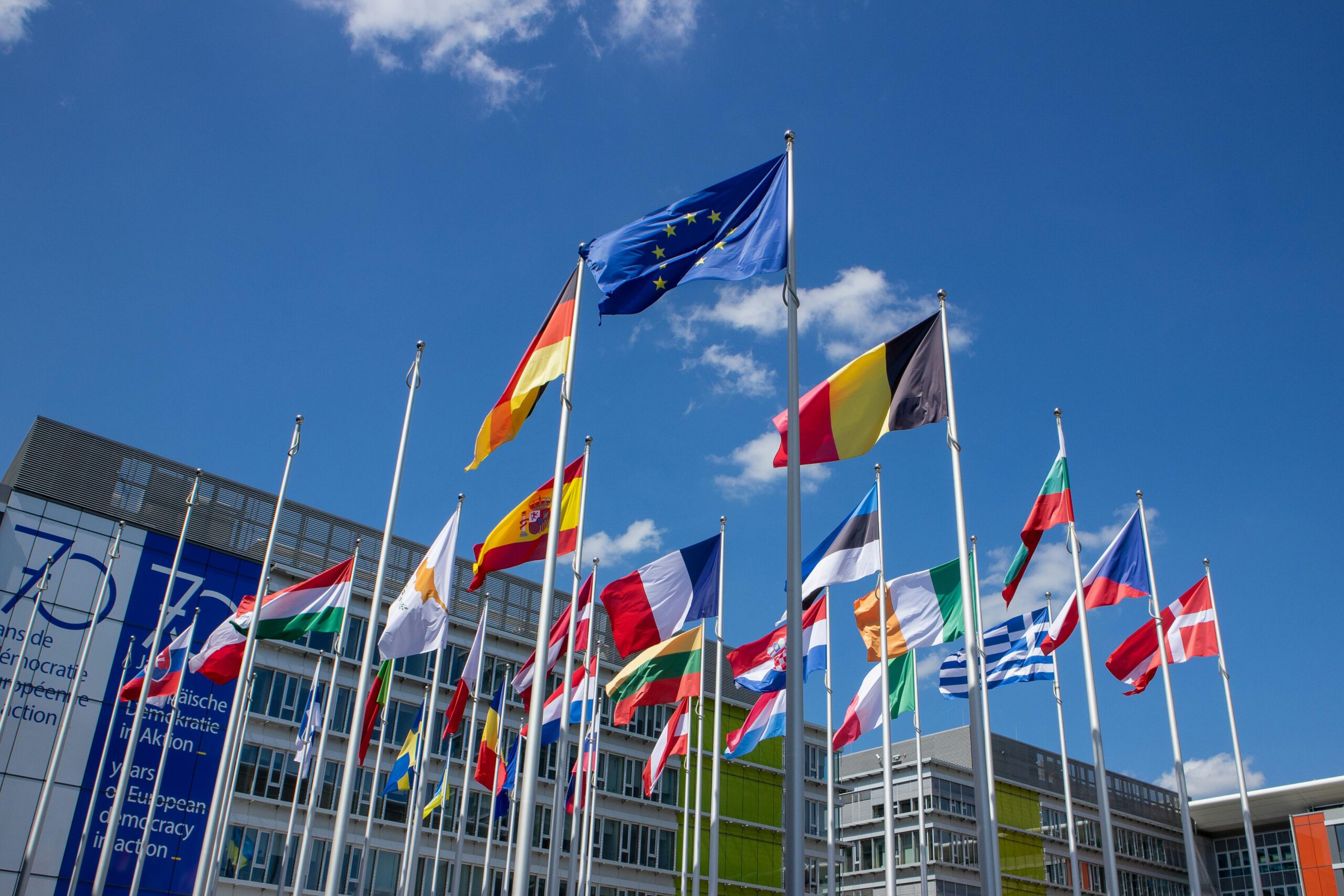 A comprehensive research initiative, led by the European University Viadrina, Frankfurt (Oder), Germany, aims to address the current challenges facing the European Union (EU) and explore potential counter-strategies. The Jean Monnet Network, titled “ValEUs. Research & Education Network on Contestations to EU Foreign Policy,” has secured 1.2 million euros in funding from the Erasmus+ programme of the European Commission for a three-year period starting from January 2024.
A comprehensive research initiative, led by the European University Viadrina, Frankfurt (Oder), Germany, aims to address the current challenges facing the European Union (EU) and explore potential counter-strategies. The Jean Monnet Network, titled “ValEUs. Research & Education Network on Contestations to EU Foreign Policy,” has secured 1.2 million euros in funding from the Erasmus+ programme of the European Commission for a three-year period starting from January 2024.
This ambitious venture, involving 20 partner institutions from 17 countries across five continents, focuses on scrutinizing the foreign policy of the European Union and the challenges posed to its values. Professor Dr. Timm Beichelt, Viadrina Professor of European Studies and principal investigator of the network, emphasizes the need to examine whether the EU adheres to the values it prescribes for itself and others. Issues such as migration, asylum policy, and the enlargement process are highlighted as potential areas of systematic deviation from established normative standards.
The “ValEUs” network plans to undertake joint interdisciplinary research projects, engage in teaching formats, and facilitate collegial exchange through conferences, summer schools, and a large-scale online course. Additionally, the consortium aims to initiate social debates and develop recommendations for both political actors and civil society.
The European Union, committed to upholding values such as human dignity, freedom, equality, and solidarity, faces unprecedented challenges in implementing its foreign policy mission globally. Despite expectations of global acceptance of the EU values in post-Iron Curtain reality, the rise of illiberal governments, conflicts like the Yugoslav Wars and Russia’s aggression in Ukraine, and the reluctance of major international powers to condemn violations of international law have all contributed to a reevaluation of the EU’s effectiveness in fostering peace.
Challenges within Europe, including rising inequalities, populist movements, and struggles in policy areas like migration, climate, and energy, further complicate the EU’s efforts. The “ValEUs” network aims to provide a realistic account of EU foreign policy, develop alternative policy agendas, and identify counterstrategies to future contestations. Moreover, it seeks to redefine the role of universities as globally responsible, socially invested, and democratic actors.
In the face of evolving global dynamics, “ValEUs” stands as a beacon of critical analysis and forward-thinking, striving to fortify the European Union’s commitment to its foundational values on the international stage. The initiative acknowledges the urgency of reevaluating European foreign policy thirteen years after the Lisbon Treaty, emphasizing the need for a renewed focus on democracy, human rights, and the promotion of EU values worldwide.
